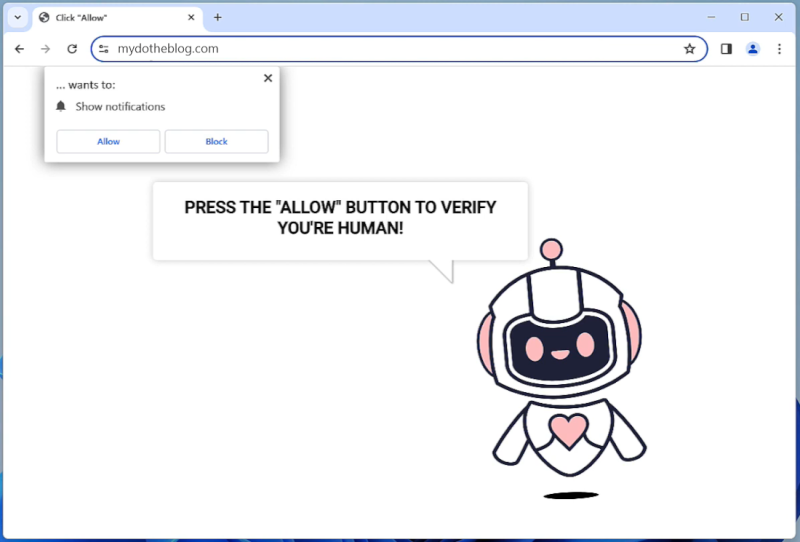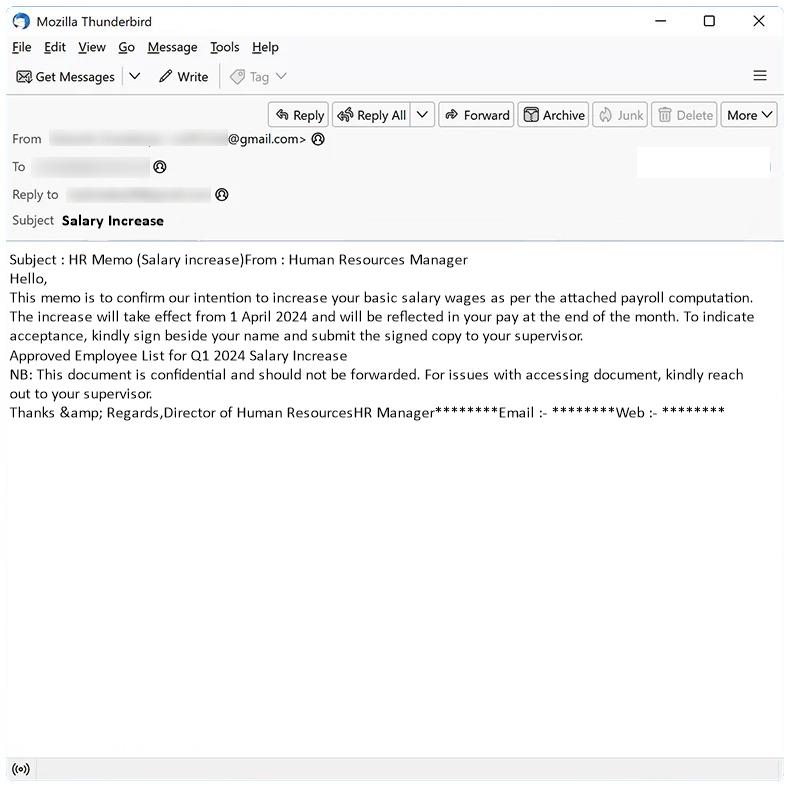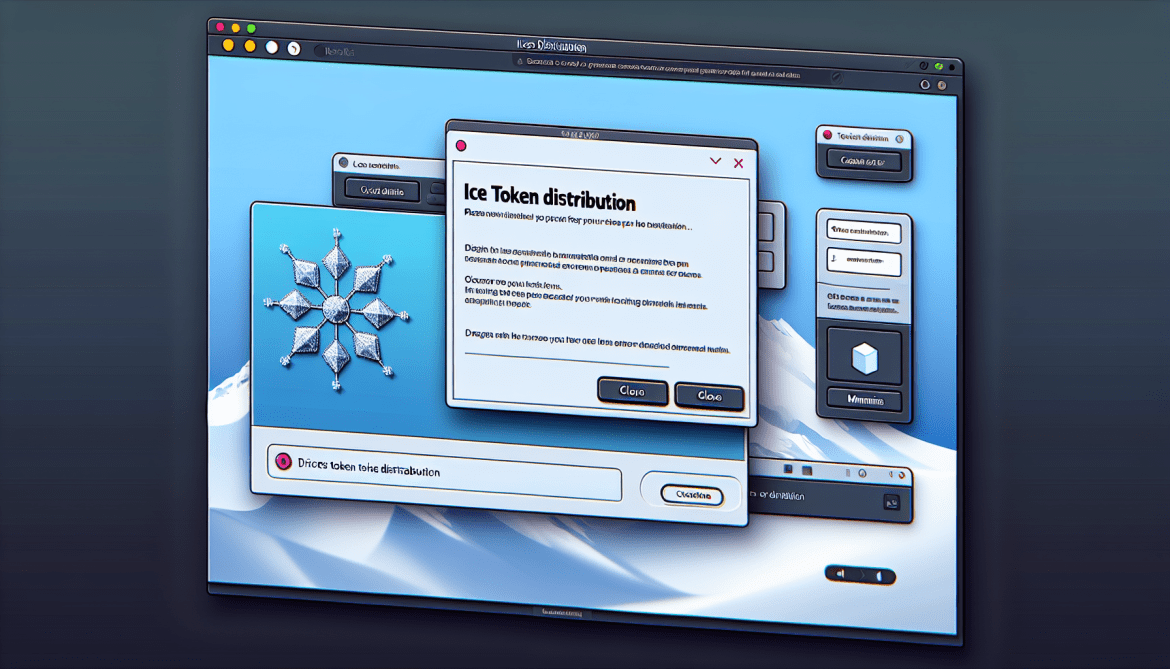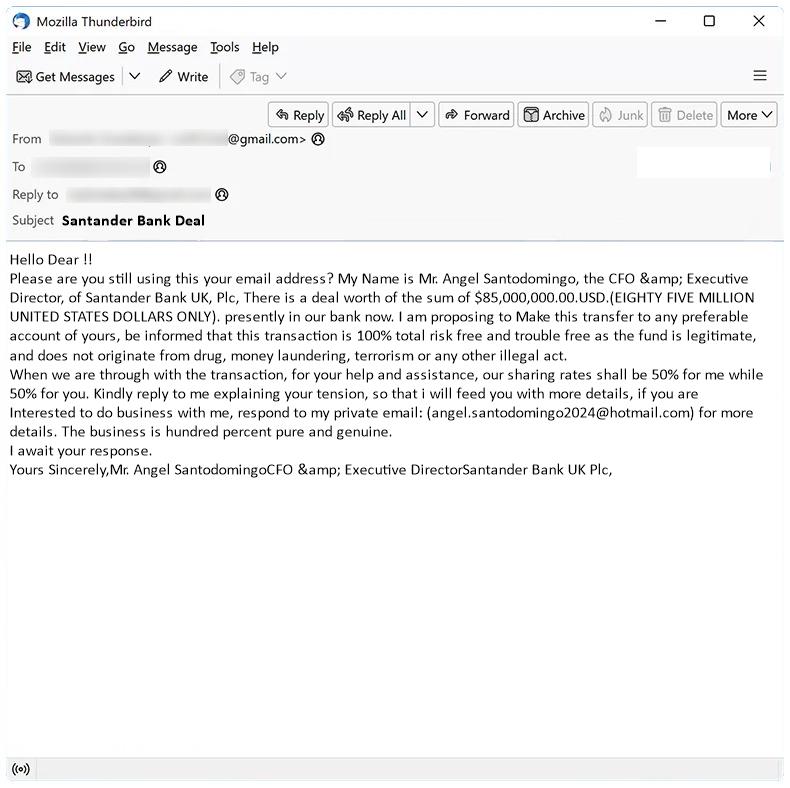Salary Increase email spam is a type of phishing scam where cybercriminals send fraudulent emails claiming that the recipient’s salary has been increased. The aim of these scams is to trick individuals into providing personal information, such as login credentials or financial details, or to infect their computers with malware.
Salary Increase spam campaigns typically infect computers through malicious email attachments or links. When a recipient clicks on a link or downloads an attachment from a Salary Increase email, they may unknowingly install malware on their device. This malware can then steal sensitive information, such as passwords or financial data, or give cybercriminals remote access to the infected computer.
Interacting with Salary Increase email scams can pose several risks, including:
1. Identity theft: By providing personal information in response to a Salary Increase email, individuals may become victims of identity theft. Cybercriminals can use this information to open fraudulent accounts or make unauthorized purchases in the victim’s name.
2. Financial loss: If recipients of Salary Increase spam provide financial details, such as bank account numbers or credit card information, they may be at risk of financial loss. Cybercriminals can use this information to make unauthorized transactions or drain the victim’s accounts.
3. Malware infections: Clicking on links or downloading attachments from Salary Increase email scams can infect computers with malware. This malware can steal sensitive information, compromise the security of the infected device, or give cybercriminals remote access to the victim’s computer.
To protect against Salary Increase email spam and other phishing scams, individuals should be cautious when receiving unsolicited emails, especially those that claim to offer unexpected or too-good-to-be-true benefits. It is important to verify the legitimacy of the sender before providing any personal or financial information and to avoid clicking on links or downloading attachments from suspicious emails. Additionally, using up-to-date antivirus software and regularly updating security patches can help protect against malware infections.
Read more









